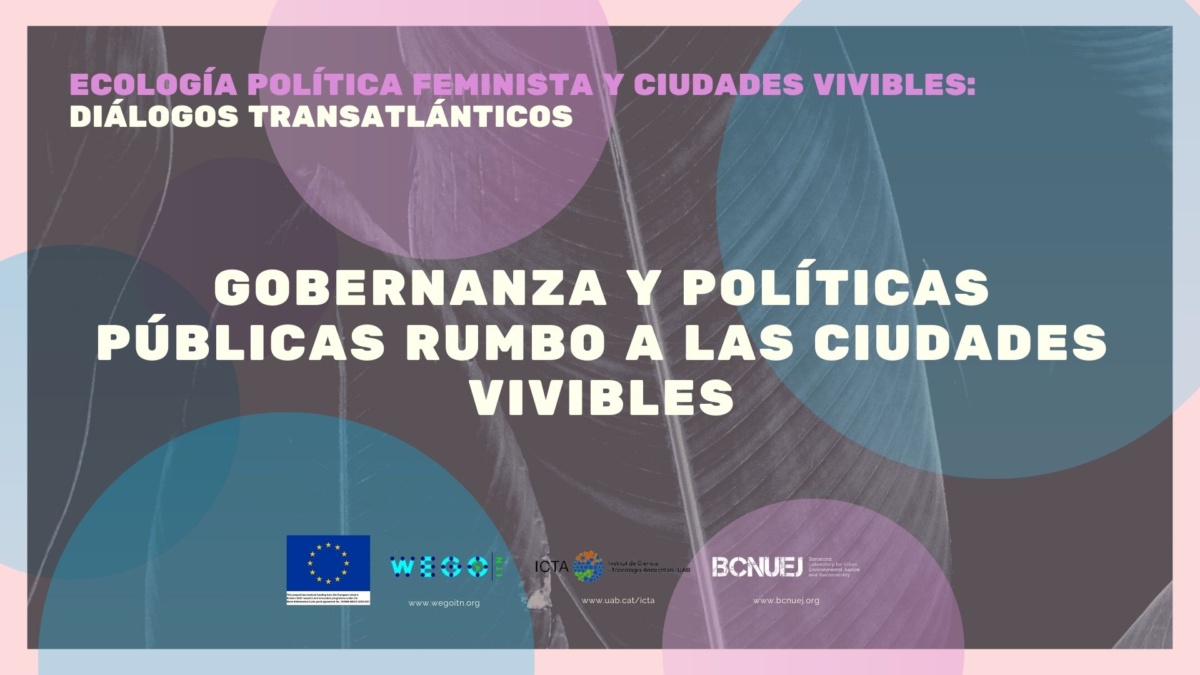It all started a few months before the biannual conference POLLEN2020: Contested Natures: Power, Possibility, Prefiguration, that was supposed to be held in Brighton, UK, in June 2020. Irene Leonardelli and Enid Still, two of WEGO-ITN Early Stage Researchers, together with their colleague and PhD candidate Arianna Tozzi, as well as artist Sneha Malani, were thinking of how to present their research findings in an interactive, less academic and more collective way. Soon the idea of an immersive art exhibition emerged, where it would be possible to engage in reflections with the participants, not necessarily by means of traditional panel discussions or roundtables.
Then COVID-19 hit.
After some consideration, they decided to move online. Instead of a traditional art installation, they developed an interactive online presentation, in which virtual visitors could move back and forth through the maps and stories of the fictional village of Pravah, in India, where Irene did her research on women who cultivate flowers with wastewater. Located in a notoriously drought-prone region, the village receives wastewater from Pune for irrigation purposes. As the wastewater reaches Pravah, however, it contaminates existing water resources. There is, of course, a symbolic, troubling, but also somewhat poetic contrast, between this polluted water and the flowers they grow.

The project came to life at the Pollen Conference, which ended up being held in September 2020. Now, their work – called Troubling Waterscapes, based on Donna Haraway’s “staying with the trouble” concept -, has become an permanent and immersive platform: troublingwaterscapes.com
The researches, who work with water and agriculture, explained their website in a blog post for UPE collective:
“We started reflecting together on different ways of being with, understanding, knowing and feeling water. Speaking online from isolation across different parts of the world, we started adding layers to the map in the form of photos, poetry, satirical sketches, reflection and animations. These expressions were sparked by our collective conversations as we further troubled and questioned our engagement with waters and agriculture from multiple perspectives. Together, we reflected on what water infrastructures are (materially and symbolically) about their histories and meanings. We discussed how the people’s experiences and engagements with different waters (groundwater, wastewater, rain water) change throughout time and space, and how these differences are reflected across multiple intersecting identities. We questioned how the very materiality of water, its fluidity, transparency, taste, affects everyday dealings and experiences with water across different waterscapes.”
For more information on the idea behind this WEGO-ITN project, check out the blog post.
And, of course, don’t miss the final results! Welcome to Troubling Waterscapes.







